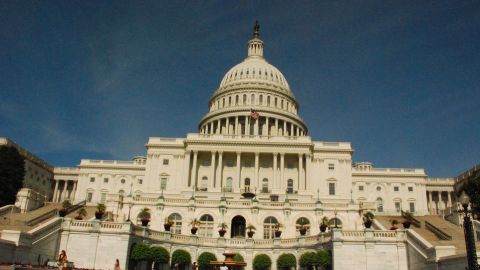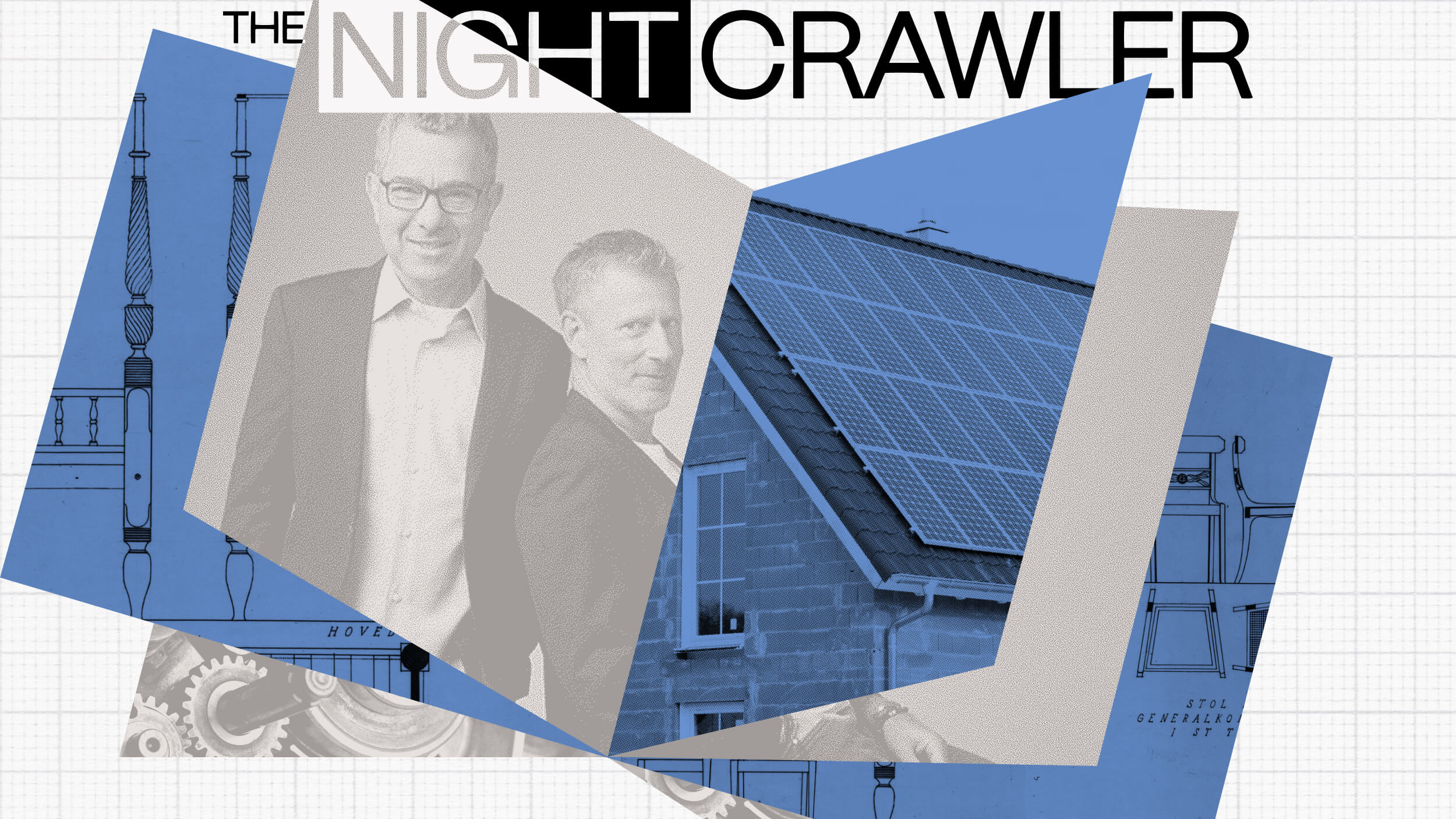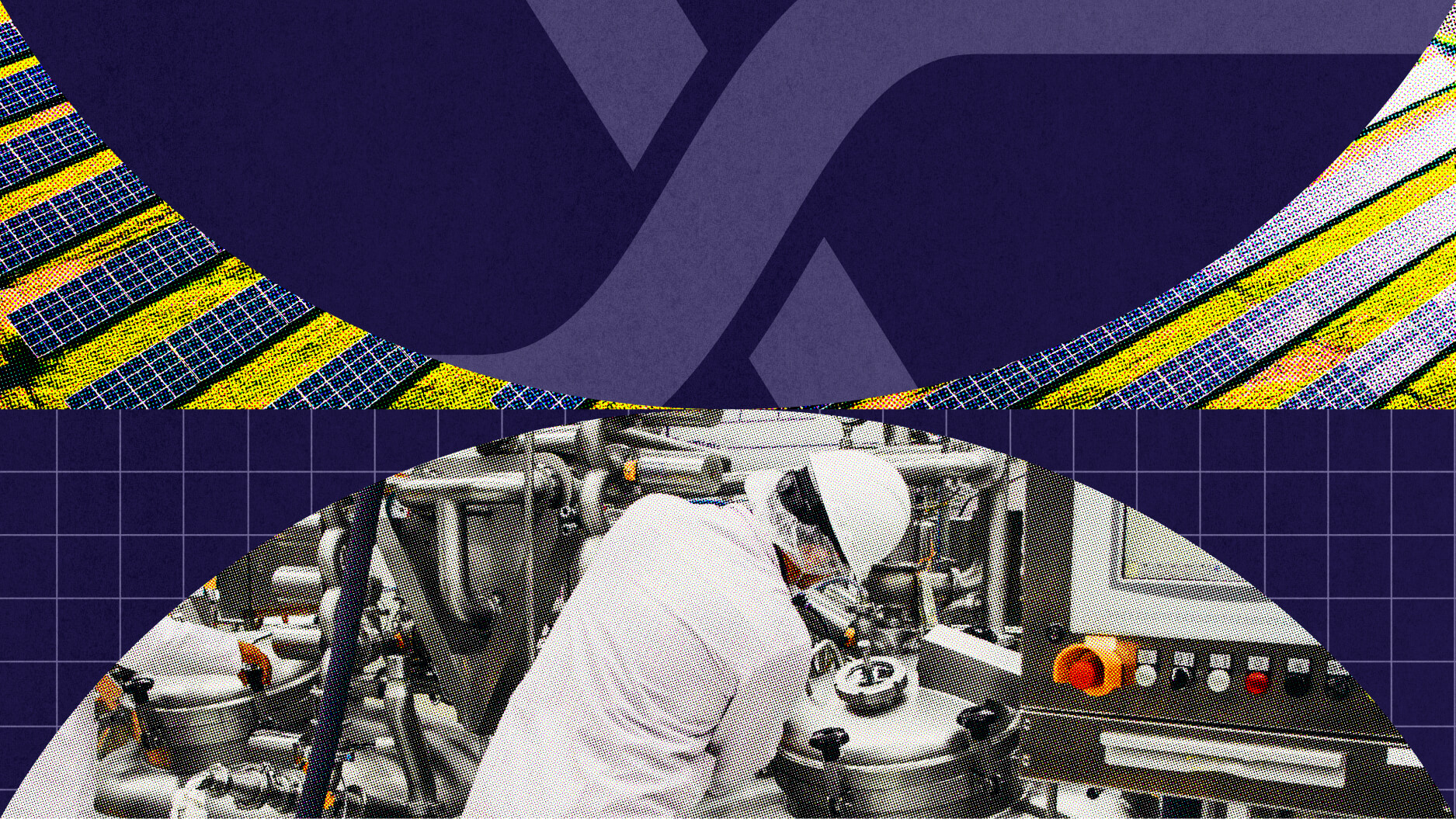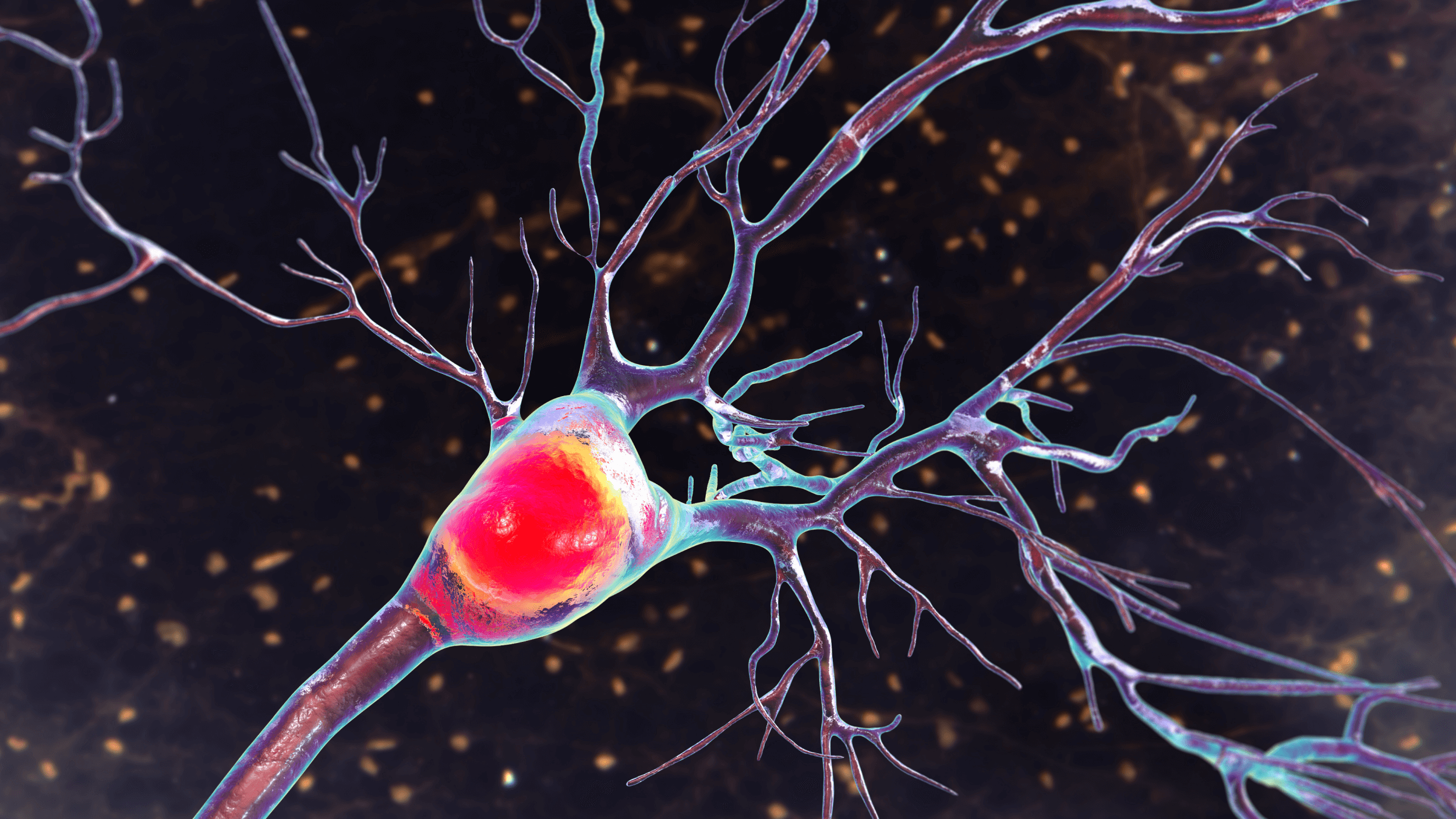How Social Media Could Change Washington

The same mechanisms that govern Crowdrise’s micro-fundraising will also “certainly” transform the way government interacts with the American people, NYU professor Jay Rosen told Big Think. Harnessing social networks for fundraising is just the first, he believes. What could follow is “something much more profound: a government of the people by the people and for the people in which the people actually have the same information available to them that the government has.” And what’s spurring this change is “the falling cost for people with the same interest to share information and collaborate and find each other in the first place.”
Tim McCarthy, the director of Harvard’s Human Rights and Social Movements Program, agrees that Twitter and other social networking tools will play a powerful role in organizing social movements. But he also cautions that internet tools can disconnect as much as the connect: “It’s also important to be in the basement of a church, working out what you’re going to do at the protest, to see each other, to hug each other, to hold hands and sing songs like they did in the civil rights movement, right? To be physically in the same space like those young queer activists were at Stonewall in June of 1969, right? The gathering of physical momentum as an engine for protest I think is very important.”
Image courtesy of Flickr user wilhelmja





